This article can be useful to those persons who purchased the properties and failed to deduct TDS u/s 194IA taking benefit of section 273B of the Act if show cause notice under Section 271C of the Income Tax Act, 1961 is issued and they failed to deduct TDS innocently and revenue is safe in the hands of the seller.
Written submissions on behalf of the assessee are presented as under in connection to penalty u/s 271C of the Income Tax Act, 1961:
Sec- 273B of the income tax act 1961
Penalty not to be imposed in certain cases
“Notwithstanding anything contained in the provision of section 271C, no penalty shall be imposable on the person or the assessee, as the case may be, for any failure referred to in the said provision if he proves that there was reasonable cause for the said failure.”
The following can be the reasonable causes for non-deduction of tax u/s 194IA with the assessee at the time of purchase of the property
1. The law of section 194IA was introduced w.e.f 1.6.2013 and if an assessee purchased property on 1.7.2013 or recently; barely after one month; as the law was quite new, assessee was not aware of the new law introduced recently. This non awareness of the newly introduced law was the reasonable causes for non deduction of tax u/s 194IA of the Act. Moreover if the entire payment was made in the m/o June 2013 and the law was introduced on 1.6.2013.
2. If the assessee is from village back ground. Not a literate person. He or she is not well educated. Not aware of the various provisions of the law. Innocent and honest nature of the assessee can be the reasonable cause for non-deduction of tax.
3. If Nobody told the assessee to deduct tax. Even Seller, Registrar, document writer; otherwise there was no loss to the assessee if tax is deducted. This can be the reasonable cause for non-deduction of tax.
4. If the seller is an income tax assessee and seller files income tax returns. The fact was clear to the assessee. In that way revenue remains safe in the hands of the seller. This confirmation that revenue was safe in the hands of the seller can also the reasonable cause for non-deduction of tax.
5. If this seller is an income tax assessee and return of income of the seller for the relevant Assessment Year has been submitted. It is the clear cut duty of the seller to disclose true facts of the sale of the property in his/her Income Tax Return for the particular Assessment Year
6. Moreover assessee is an Individual and assessed to Income tax. The assessee is regularly filing income tax returns for the last so many years. She/He is honest with his/her income tax returns. The assessee purchased the residential property for a sum of Rs. 75,00,000/- (say) but failed to deduct TDS of Rs. 75000/- due to reasonable causes enumerated above
7.The assessee is not educated, belonging to a village back ground, never desired not to deduct tax , and if deducted , never desired not to deposit it with the govt. treasury. But it was utter ignorance of the assessee that He/she could not deduct tax. Otherwise this was not his/her willful attempt not to deduct tax .
8. The assessee paid the entire amount of Rs. 7500000.00 (say) to the seller. Now it was the duty of the seller and Registrar to tell to an innocent assessee to deduct the tax of Rs. 75000.00 which they failed and left the assessee to suffer.
The following judgment of ITAT, Chandigarh Bench supports the case of the assessee which is reproduced as under:
The Hon’ble Income Tax Appellate Tribunal, Chandigarh Bench made the following observation in the Case of Sukhdev Singh Vs. The J.C.I.T.(TDS), Chandigarh, with regards to reasonable cause for failure to deposit TDS
“It is well settled law that the penalty need not to be imposed in each and every case and discretionary in nature and the facts and circumstances of the case shall have to be taken into consideration. Section 273B of the Income Tax Act provides that no penalty under section 271C shall be imposable on the person or the assessee as the case may be, for any failure referred to in the said provisions, if he proves that there was reasonable cause for the said failure. The circumstances explained by the learned counsel for the assessee clearly reveal that the assessee paid interest to nonbanking financial institution and did not deduct tax because the assessee was under the bonafide belief that no TDS was to be deducted on the payments made to non-banking financial institution. The Assessing Officer made disallowance under section 40(a)(ia) of the Income Tax Act and other additions were also made in the assessment order, which are accepted by the assessee and the demand raised as per assessment order has been paid. Therefore, these circumstances would clearly reveal that the assessee has reasonable cause for failure to comply with the provisions of section. Therefore, in view it being a beginning of the assessee for failure to deduct tax and then the assessee in future has starting deducting TDS would suggest that the penalty may not be imposed in the aforesaid case. Considering the above discussion, we are of the view that the levy of penalty in the facts and circumstances of the case is not warranted. We accordingly set aside the orders of the authorities below and cancel the penalty.”
1. The Hon’ble Supreme Court of India made the following observation in the Case of Commissioner of Income Tax, New Delhi Vs. M/s Eli Lilly & Company (India) Pvt. Ltd. & Ors. with regards to reasonable cause for failure to deposit TDS:
(iv) On the Scope of Section 271C read with Section 273B:
35. Section 271C inter alia states that if any person fails to deduct the whole or any part of the tax as required by the provisions of Chapter XVII-B then such person shall be liable to pay, by way of penalty, a sum equal to the amount of tax which such person failed to deduct. In these cases we are concerned with Section 271C(1)(a). Thus Section 271C(1)(a) makes it clear that the penalty leviable shall be equal to the amount of tax which such person failed to deduct. We cannot hold this provision to be mandatory or compensatory or automatic because under Section 273B Parliament has enacted that penalty shall not be imposed in cases falling there under. Section 271C falls in the category of such cases. Section 273B states that notwithstanding anything contained in Section 271C, no penalty shall be imposed on the person or the assessee for failure to deduct tax at source if such person or the assessee proves that there was a reasonable cause for the said failure. Therefore, the liability to levy of penalty can be fastened only on the person who does not have good and sufficient reason for not deducting tax at source. Only those persons will be liable to penalty who do not have good and sufficient reason for not deducting the tax. The burden, of course, is on the person to prove such good and sufficient reason. In each of the cases before us, we find that non-deduction of tax at source took place on account of controversial addition. The concept of aggregation or consolidation of the entire income chargeable under the head “Salaries” being exigible to deduction of tax at source under Section 192 was a nascent issue. It has not be considered by this Court before. Further, in most of these cases, the tax-deductor-assessee has not claimed deduction under Section 40(a)(iii) in computation of its business income. This is one more reason for not imposing penalty under Section 271C because by not claiming deduction under Section 40(a)(iii), in some cases, higher corporate tax has been paid to the extent of Rs. 906.52 lacs (see Civil Appeal No. 1778/06 entitled CIT v. The Bank of Tokyo-Mitsubishi Ltd.). In some of the cases, it is undisputed that each of the expatriate employees has paid directly the taxes due on the foreign salary by way of advance tax/self-assessment tax. The tax-deductor-assessee was under a genuine and bona fide belief that it was not under any obligation to deduct tax at source from the home salary paid by the foreign company/HO and, consequently, we are of the view that in none of the cases penalty was leviable under Section 271C as the respondent in each case has discharged its burden of showing reasonable cause for failure to deduct tax at source.
On the basis of above reasonable causes, and the ITAT judgment and Hon’ble SC judgment, an assessee can request to waive the show cause notice issued to the assessee for penalty u/s 271C of the Income tax Act as the law was nascent and no controversy was pending in any court of law and general public was not aware of this law .






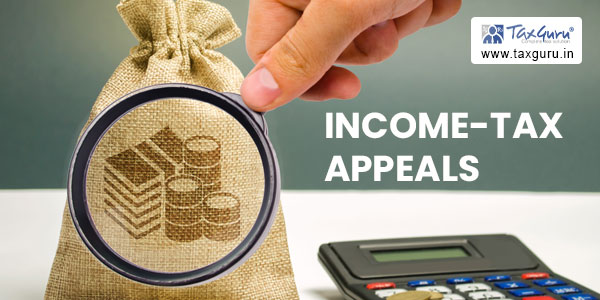





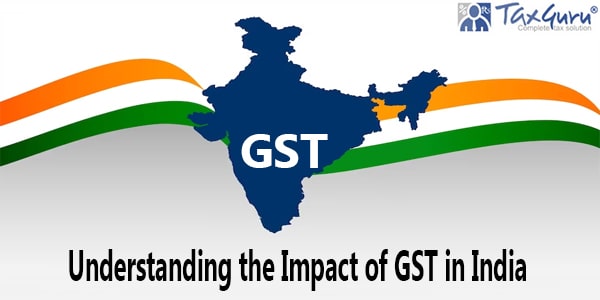






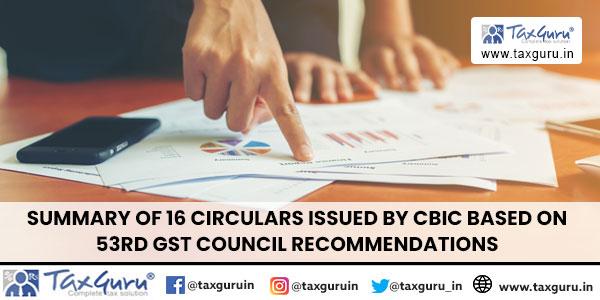
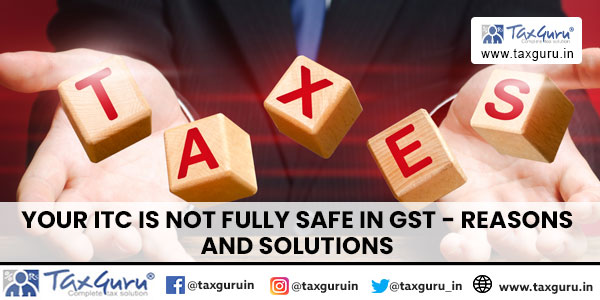
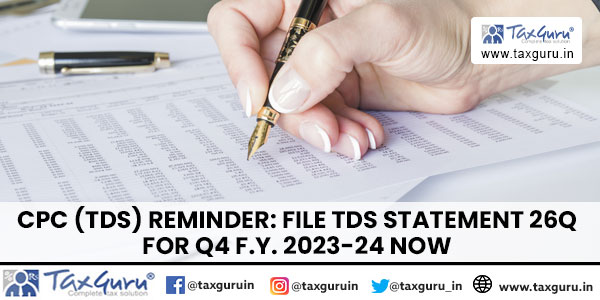
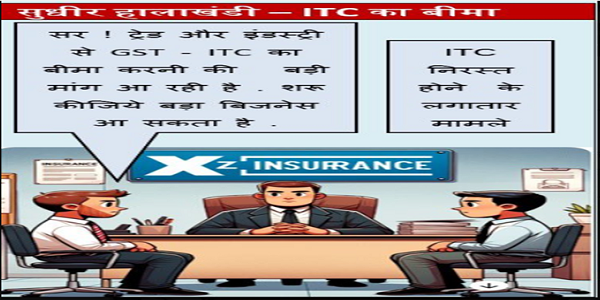









Sir what if the property is 75 Lacs with one buyer and two seller. Buyer has paid 37.5 Lacs each. So now in this case form 26QB is applicable or not.
yes , it is applicable . The sale consideration of property is more than Rs. 50 Lakhs . . Then TDS has to be deducted . No criteria for No. buyers and sellers . Check section 194-IA of the Income Tax Act , 1961 .